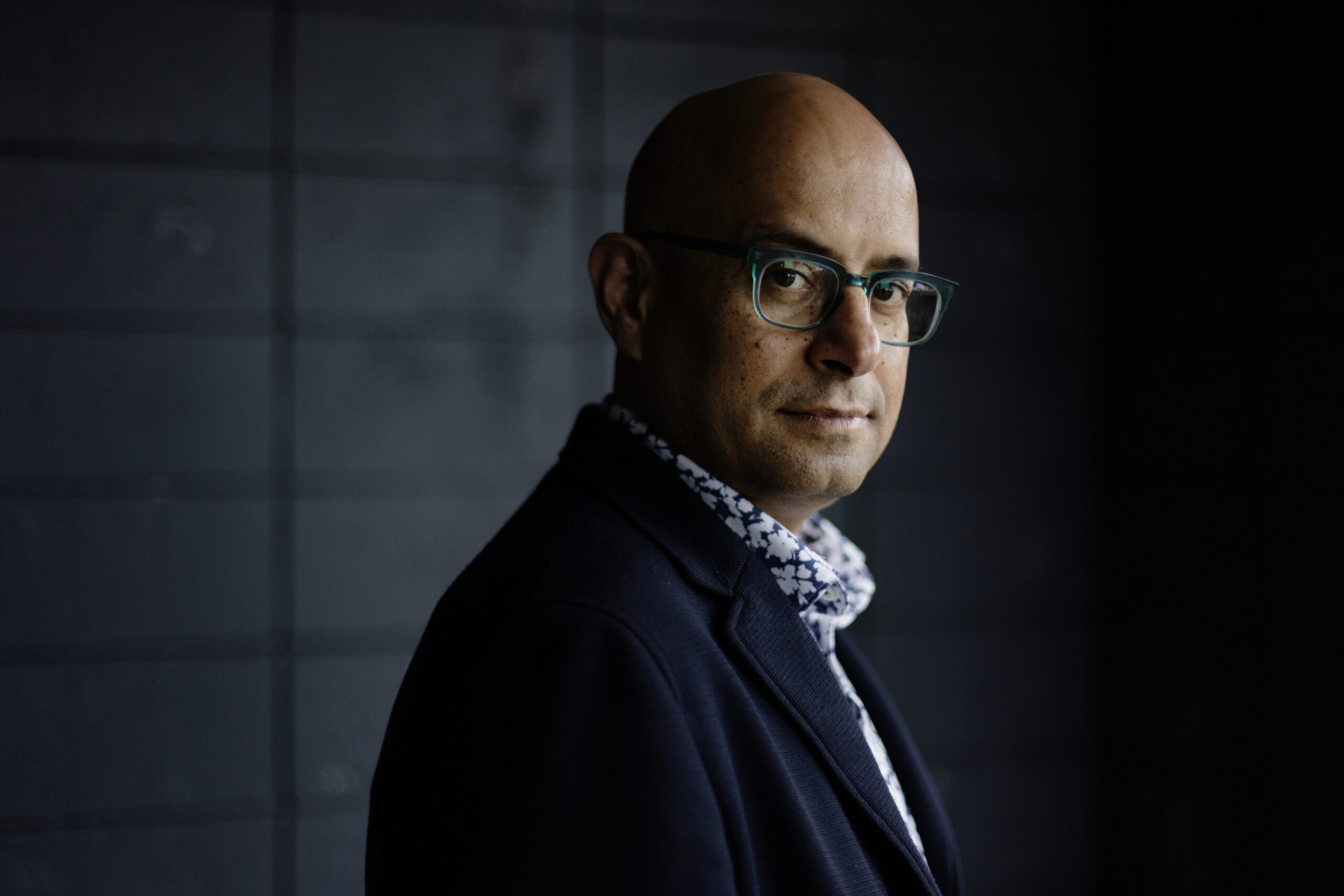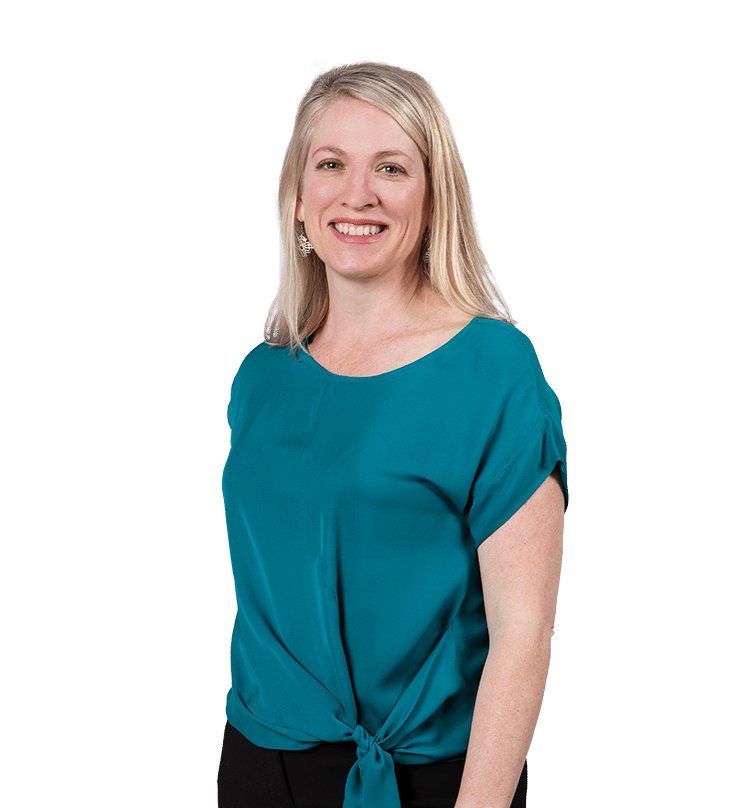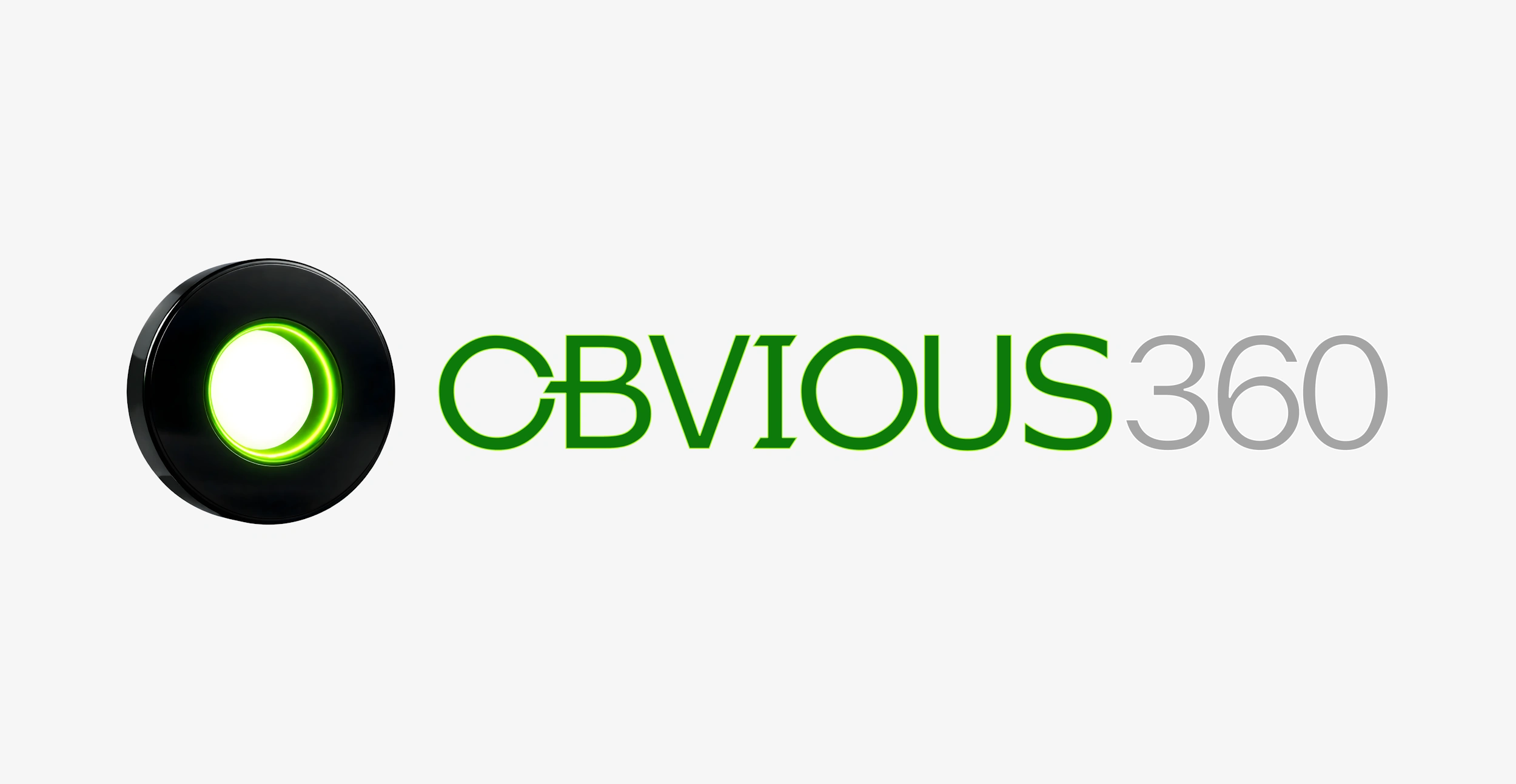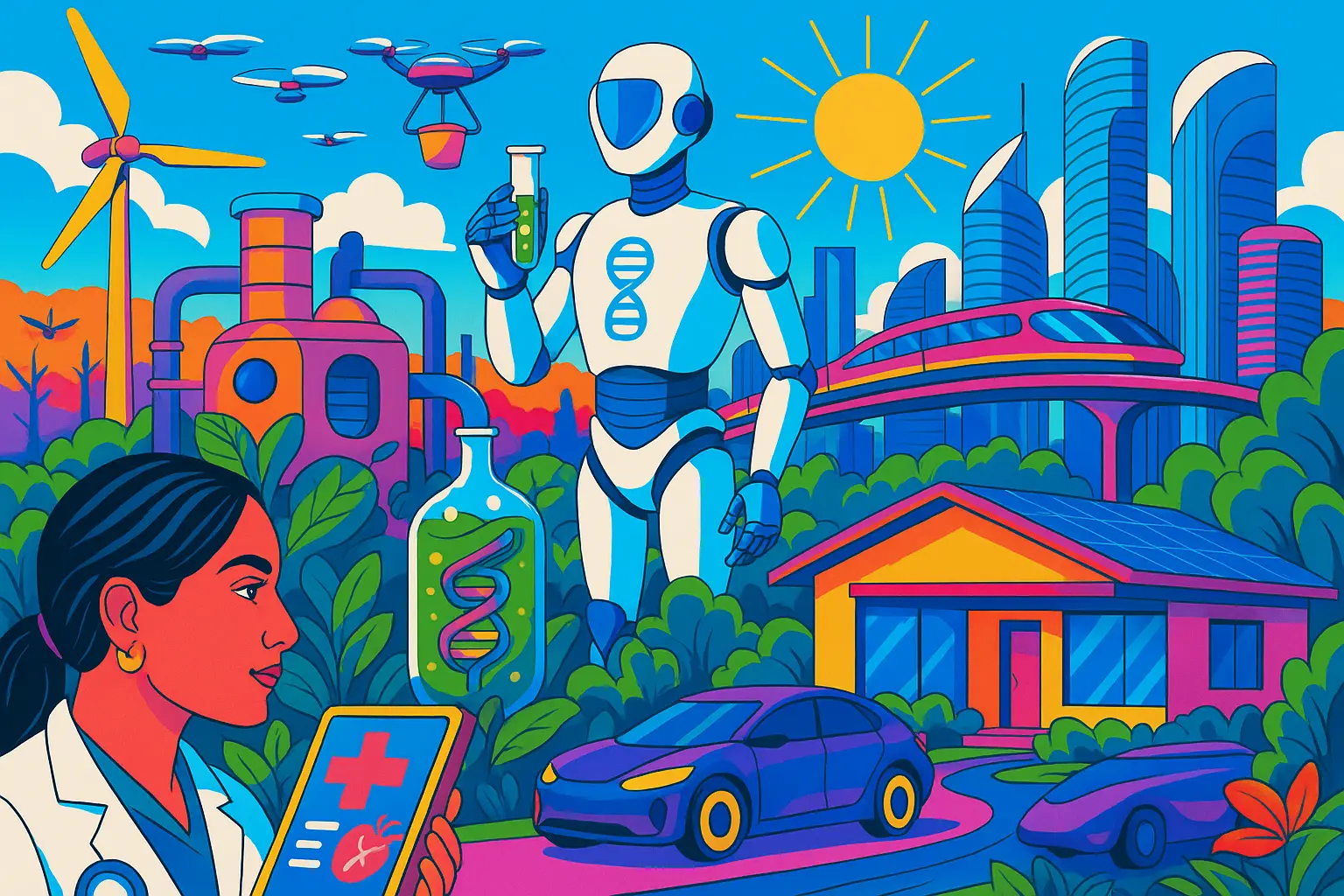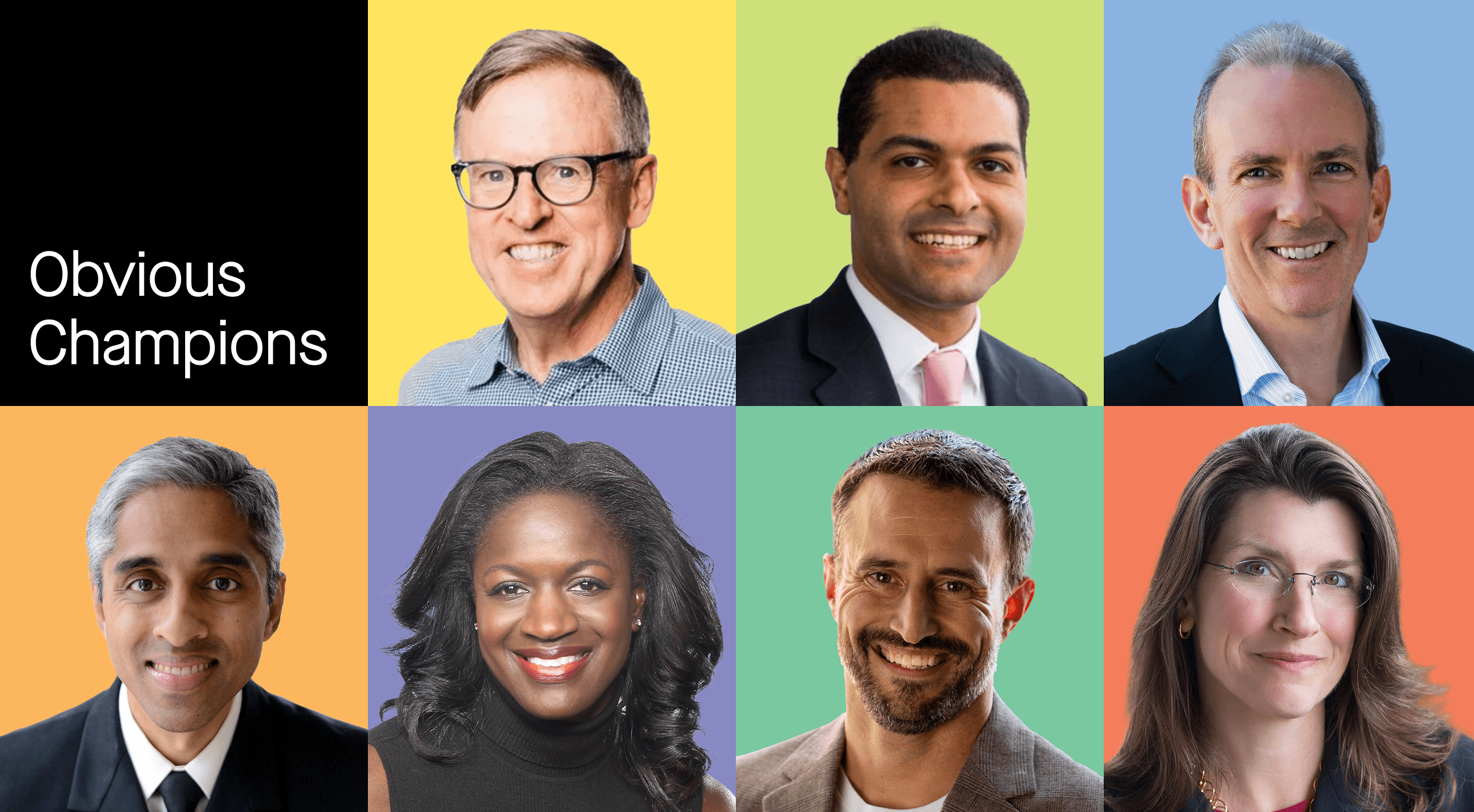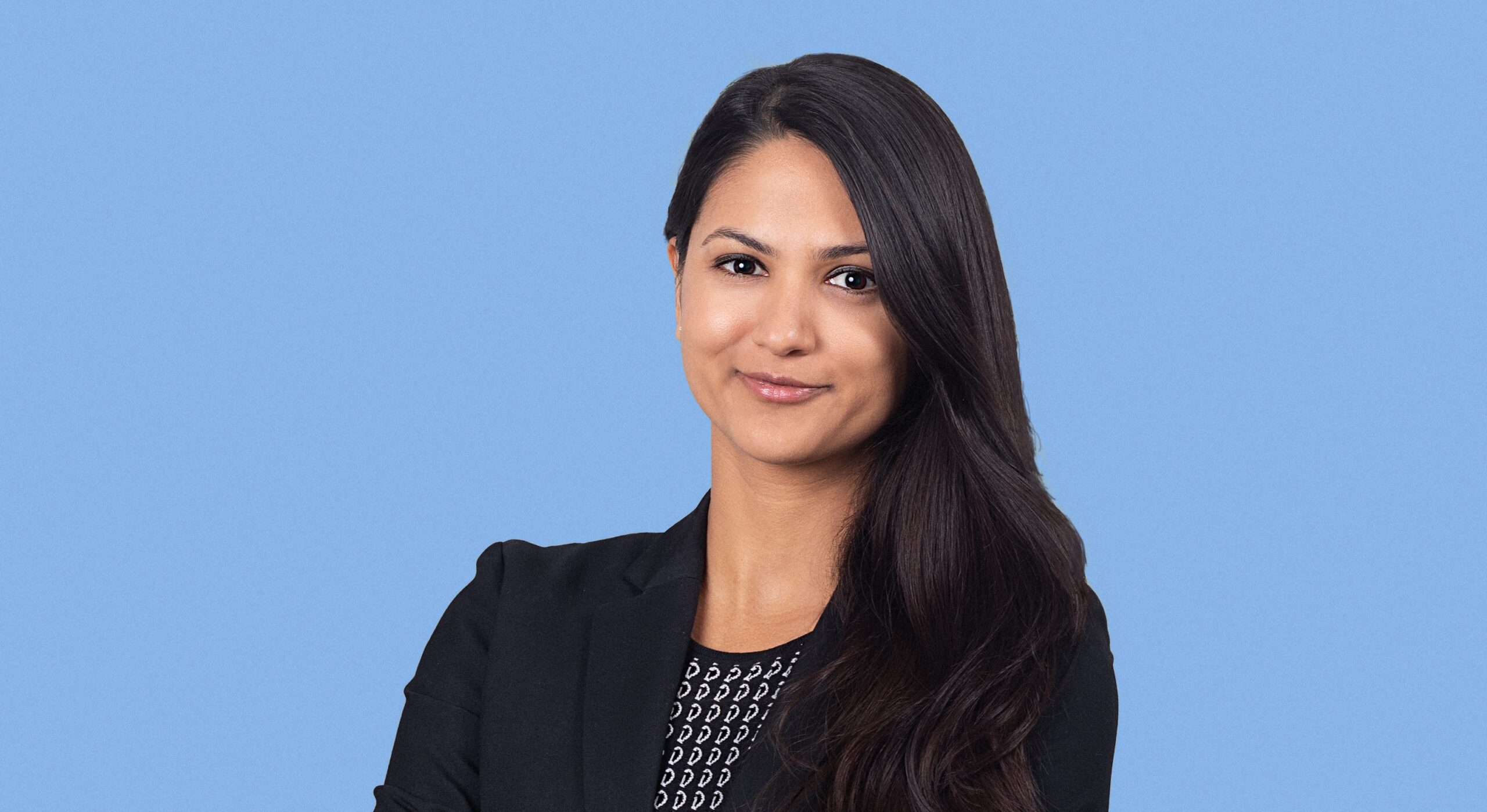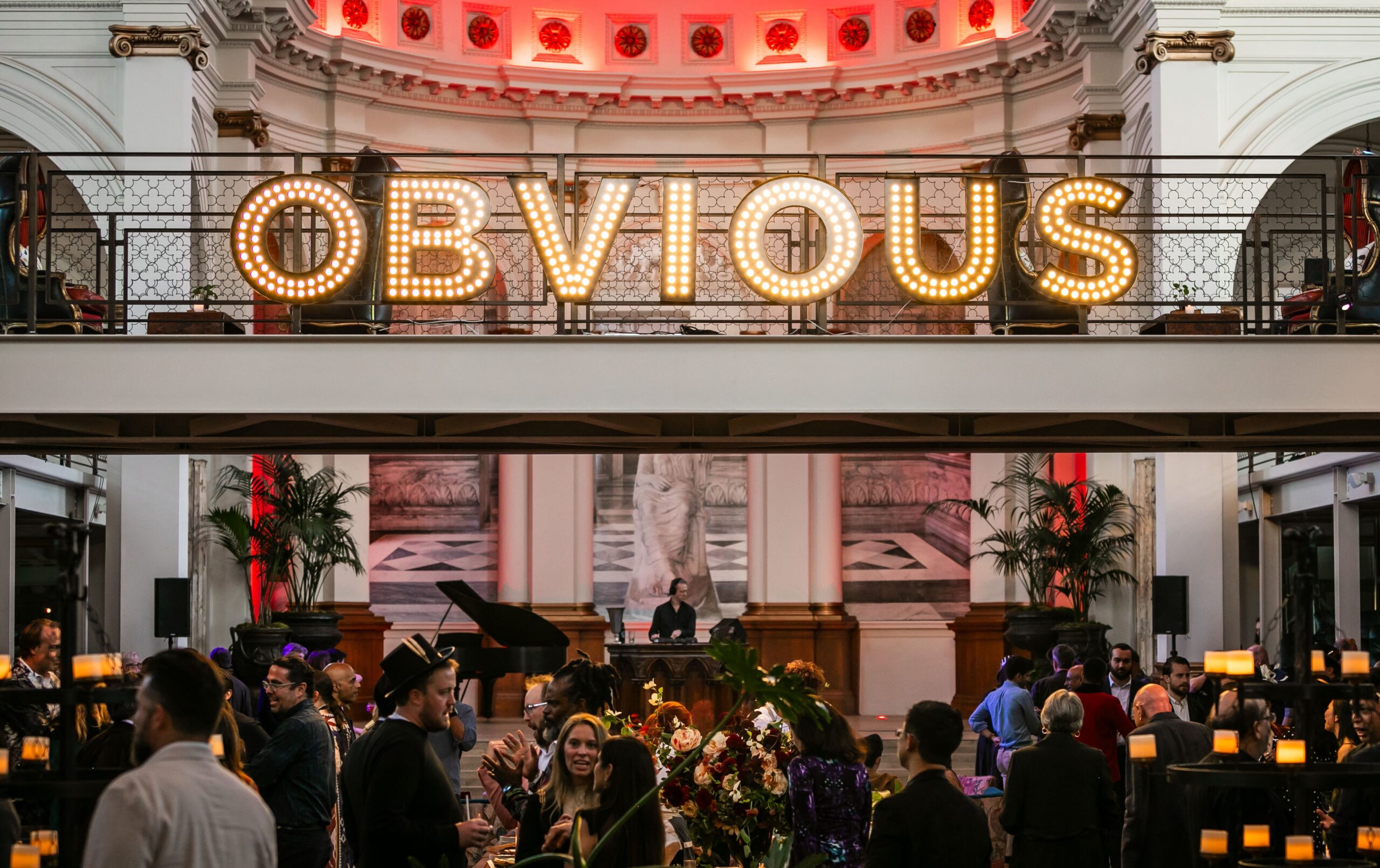Operations
How I Got to Now: Vishal Vasishth
Years ago, as Vishal Vasishth laid in a hospital room in his hometown of Chandigarh, India, near the Himalayan foothills, he could not have imagined all that his future held. This was before America. Before Patagonia. Before Obvious.
Vishal was 17, on the cusp of adulthood, and in the equivalent of his senior year of high school. And his life had just been upended by a serious motorbike accident. His body was so mangled, he had to spend over six months recovering in the hospital. Then, just as he was re-entering the world, his father died suddenly.
“It put a big dent into my life,” he recalls.
Until then, Vishal had had a comfortable childhood. His mother was a teacher-turned-housewife, his father a civil engineer. He had an older sister, and many cousins. During his earliest years, the family lived in Bhutan where Vishal’s father was stationed for work. Once back in India, weekends were for gathering with a large extended family. Vishal was known among them for his questioning mind—sometimes getting into trouble for pushing back against authority and things that didn’t make sense, even if they were considered just the “way things are.”
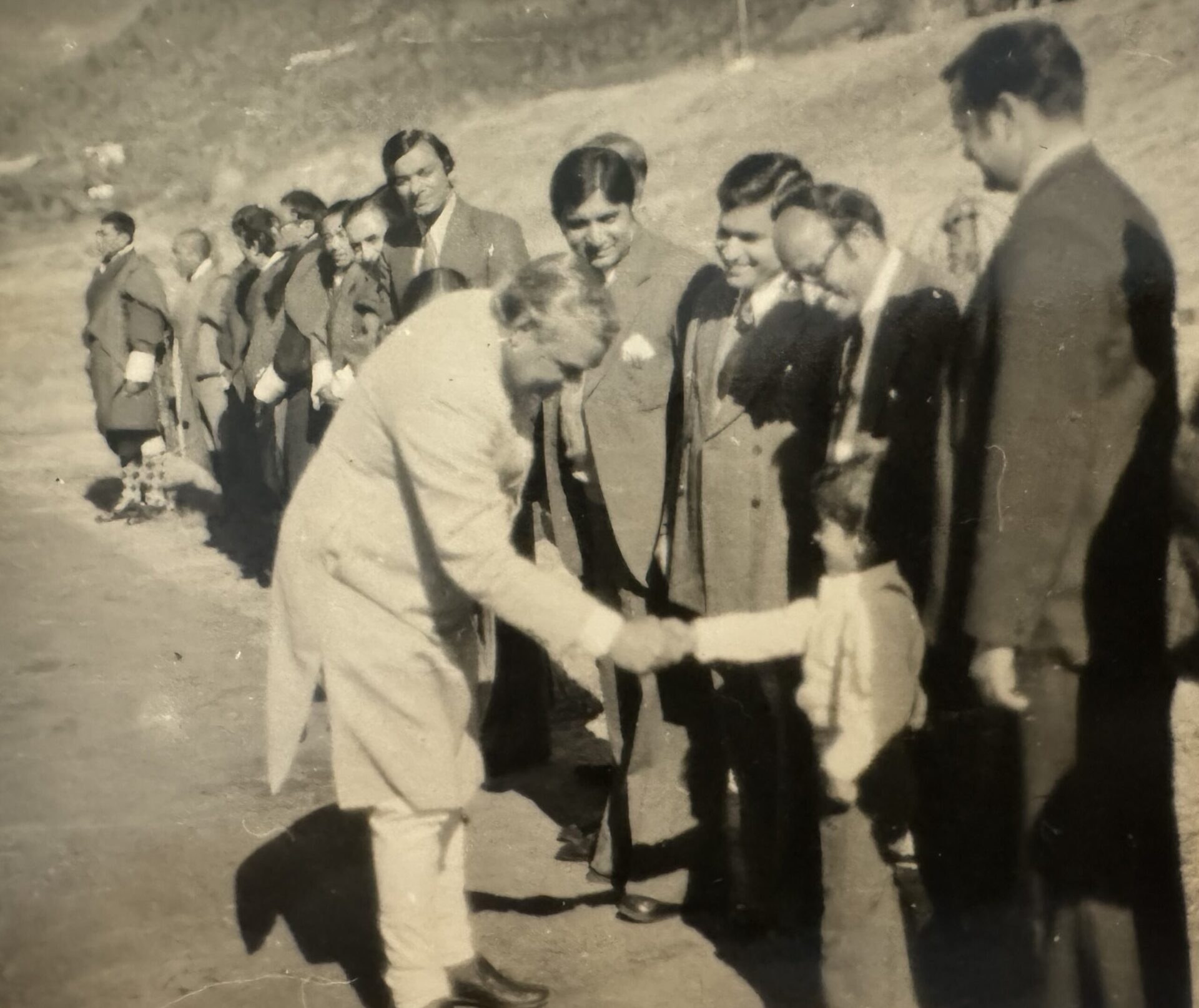
The double tragedy changed everything.
“After that, I had a singular focus of establishing myself,” he says.
Following his accident and his father’s death, Vishal’s focus earned him a spot in an engineering university close to Delhi, five hours south. As he applied himself to his studies, Vishal thought about his cousin who lived in America, the land of Nike shoes and innovation. This cousin did well in school in India, studied in the U.S., and went on to have a successful career there. Vishal looked up to this cousin, and wondered if there was a better world out there that he didn’t even know about.
It turned out that there was.
Early days
After a long process in a pre-internet world that involved post offices, stamps, brochures, and applications, Vishal was accepted into an American university. Like so many before him, Vishal moved to the U.S. with little in his pocket, but a belief that he could “make things work.”
He was 22 when he landed in Boston. His first impression was how cold Boston was, which freaked him out, and how organized and exciting everything was, and how kind people could be.
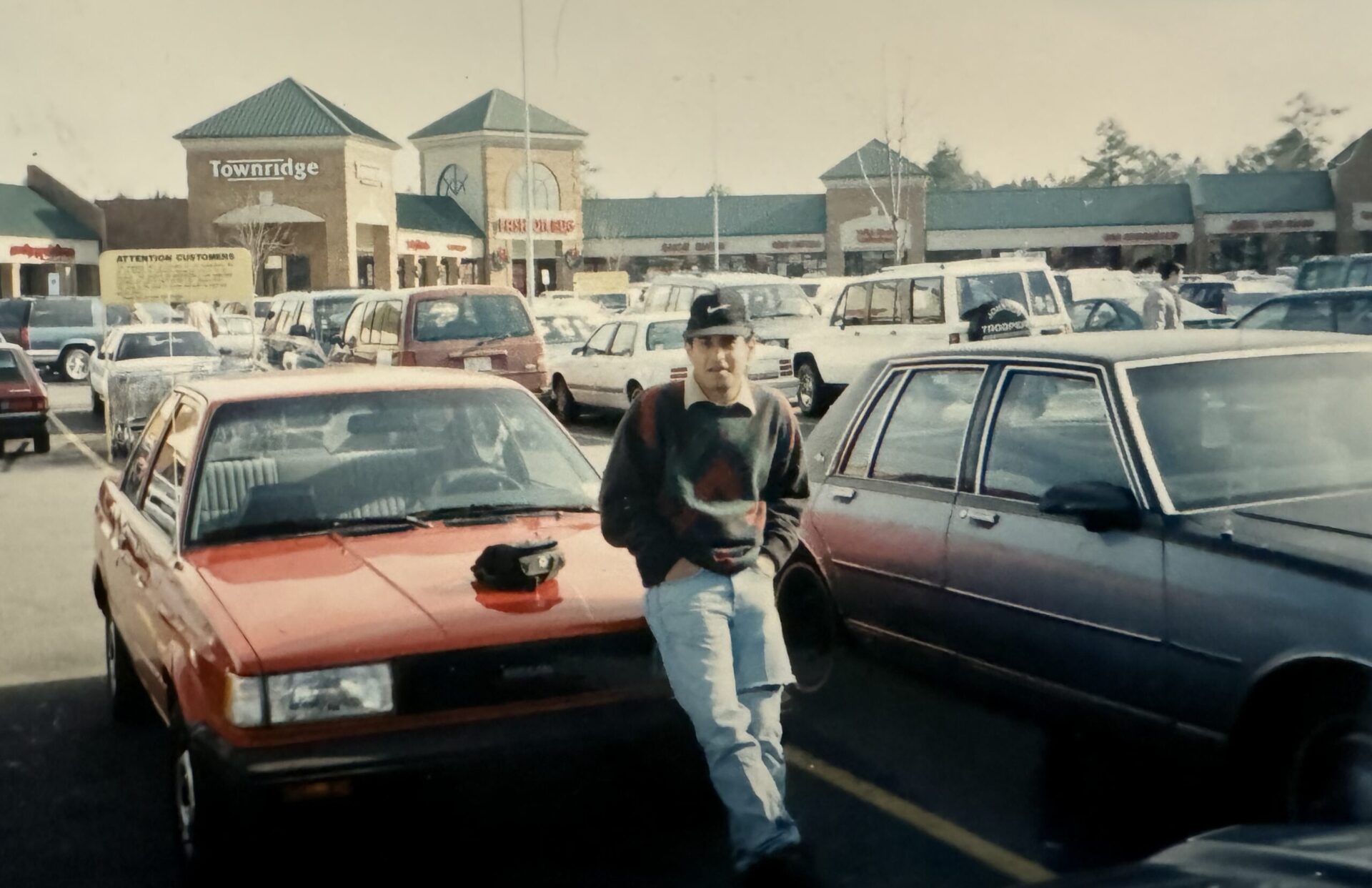
Vishal ended up at North Carolina State University, where a stipend helped him make ends meet while he earned an M.S. in technology management and process improvement with a focus on the textile industry. This degree would soon come in handy.
A couple years later, Vishal was working in LA, when he learned about the role that would change his life. A company in the outdoor industry was looking for someone with a technical background to join their innovation team. That company was called Patagonia. Vishal had never heard of it, but a friend had.
“He said, ‘Dude, this is the most amazing company. You need to go check it out,’” Vishal recalls.
He arrived at Patagonia’s headquarters in Ventura, California, in a suit and tie. When he was introduced to a guy wearing shorts, flip-flops, and a torn t-shirt, and learned it was the company’s founder, Yvon Chouinard, Vishal realized that he was a bit overdressed. He quickly shed the jacket and tie, connected with the team, and was offered the job.
Something bigger than himself
The next chapter lasted nearly a decade. During his time at Patagonia, Vishal learned about business, life, the planet, nature, and how things systemically work at a macro level, and at a societal level. He transformed from a “diehard capitalist” to a “compassionate capitalist.”
“I think the biggest thing I learned was an authentic pursuit of something bigger than yourself, and consistently doing it every day,” he says.
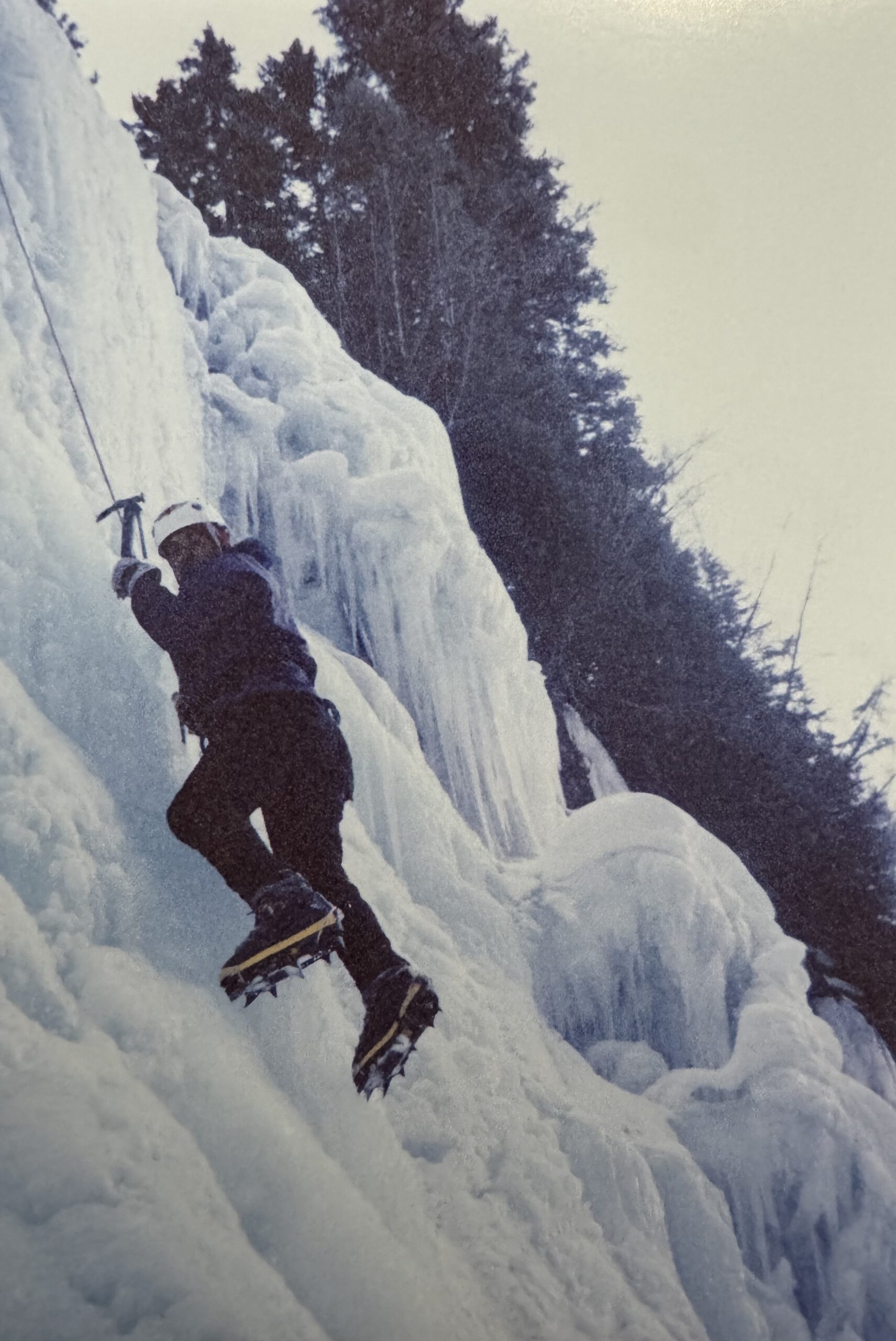
Vishal’s education was hands-on: He learned about the climate crisis by going rock climbing and ice climbing with colleagues, and seeing how things were changing. On the business side, he learned the fundamental rule that the best thing to do for the environment is to build a quality product that can last. This aligned with his values, coming from India, a society that values reusing things rather than throwing them away.
It turns out that you can make big bold decisions that carry risks, that can also be great for business—like switching from regular to all organic cotton, which led to a boost in media attention, praise, and sales, and which Vishal later co-authored a case study about. As Patagonia grew, Vishal was involved in making decisions such as reducing the size of underwear packaging to the size of a sushi roll. It was better for the environment, cost the company less, allowed more products to fit on the shelf, and in the end it improved their business.
You can do the right thing, and still make money, he learned from Yvon Chouniard, which went against the conventional wisdom of the day that caring for something beyond the bottom line was bad for business.
During this time, other things evolved too. Vishal met and married his wife, Ekta. They had a son named Rohan. Patagonia sponsored his green card, and the MBA he earned from UCLA. And then one day, as often happens, Vishal got to thinking about what’s next and realized that as much as he loved the company he helped scale—Patagonia went from being a cult brand for the outdoor community to an internationally respected brand and ethos during his tenure there—it was time for change. When he left his role as Chief Strategy Officer in 2006—he felt it was time to take what he learned and do something new.
From B Corp to Obvious
The next years were a journey in refining Vishal’s ambitions, with some incredible stops along the way. First, he and two friends, Bart Houlahan and Jay Coen Gilbert, decided to work on a nonprofit that would differentiate between good and bad business, branding good businesses as B for the benefit of society, and providing them with a rating based on how well they were doing. They decided to call the nonprofit B Corp.
The rating system offered a detailed blueprint for ways companies to measure their social and environmental impact. But Vishal wanted to do more.
“I felt I wanted to pursue this journey where the product itself was the solution,” he says.
Next he headed to Aspen for a Henry Crown Fellowship, which left him thinking about how to use his knowledge and experience to make a difference in the lives of others. Then came the opportunity to do just that at SONG, a firm owned by the Soros Economic Development Fund, Omidyar Network, and Google.
This role required an interesting move. The young man from India who moved to America now packed up his house and family and moved back to India to run SONG in Hyderabad.
During his time back in India, Vishal built an investment thesis around improving the lives of the lower-middle class and the middle class through investing in healthcare, education, agriculture, food, and financial services. It was a far cry from the 1% of the world he was used to serving at Patagonia. Vishal came to a few conclusions while there.
“I realized that venture is the best way of really trying to envision the world which we want to build,” he says. Because it’s the only asset class that invests in things that don’t exist and helps them get built.”
He also realized that to make the kind of huge impact he wanted to make on the world and to create big change for more people, he needed to be in the San Francisco Bay Area.
Obvious
Vishal arrived back in California in 2013. A friend connected him with James Joaquin. They connected with Ev Williams, and decided to co-found Obvious Ventures together in May of 2014 based on their shared belief that the most valuable companies would be the ones solving humanity’s biggest problems. Andrew Beebe joined them shortly after.
The team designed their investment thesis around the UN’s sustainable development goals. They decided to call the kind of companies they invest in “world positive” and to focus on the most important things for a vibrant human life: planetary health, human health and economic health.
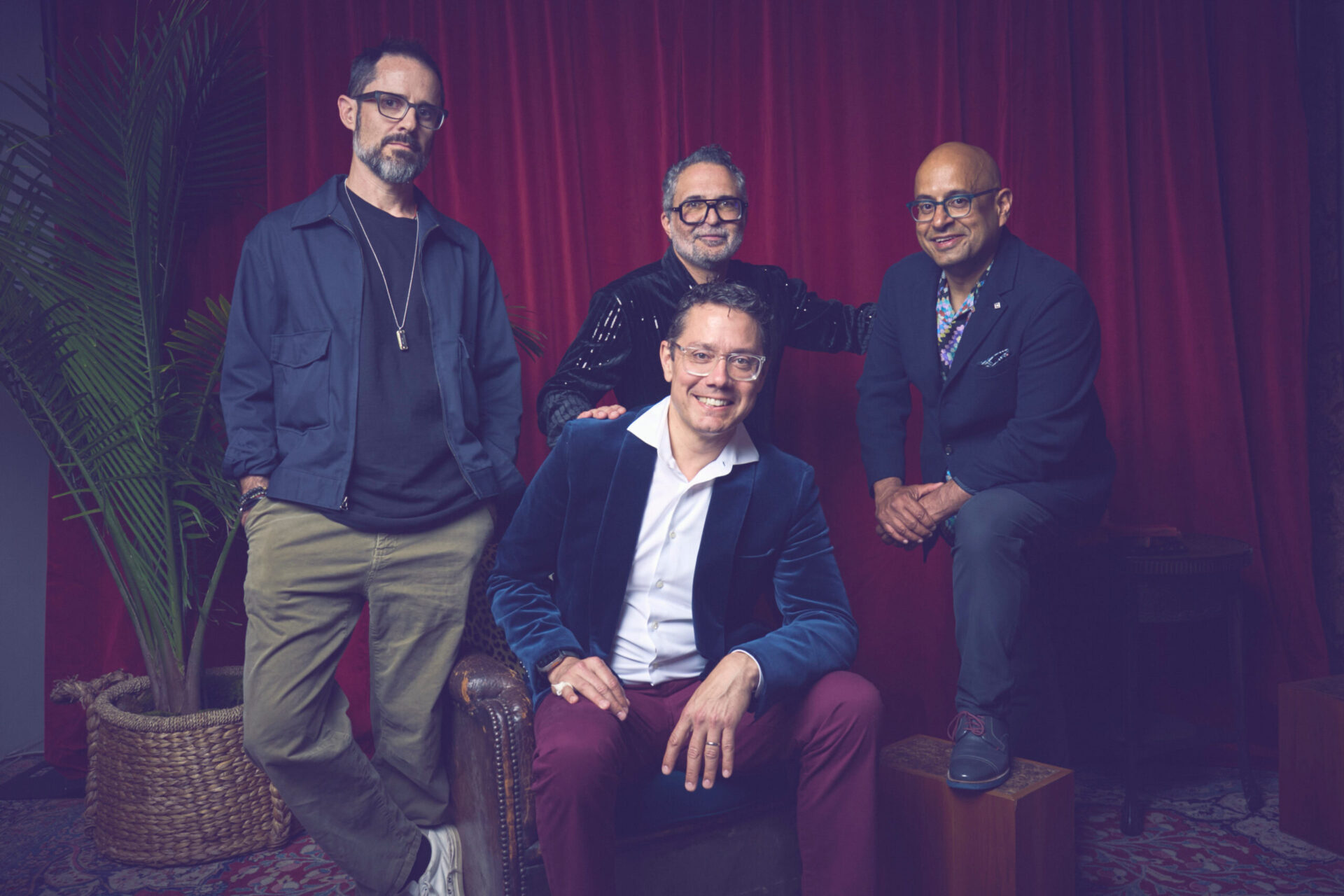
The rest is history. Ten years, more than 100 company investments, multiple unicorns, and two decacorns.
“I fundamentally believe that humans are so special in their ingenuity, creativity, desire, and curiosity,” says Vishal. “They have the ability to take apart complex systems and reimagine those systems to solve problems.”
Obvious Ideas
